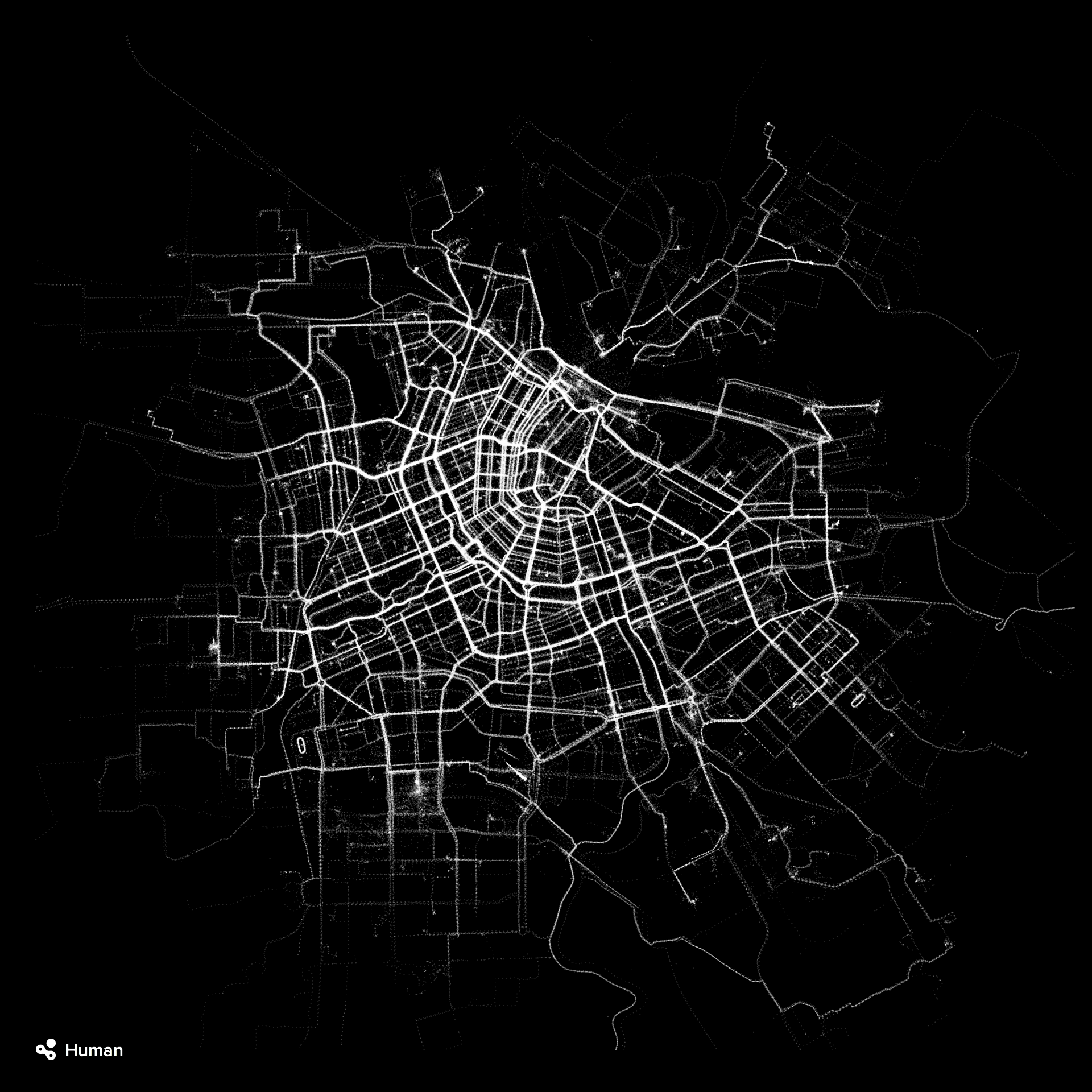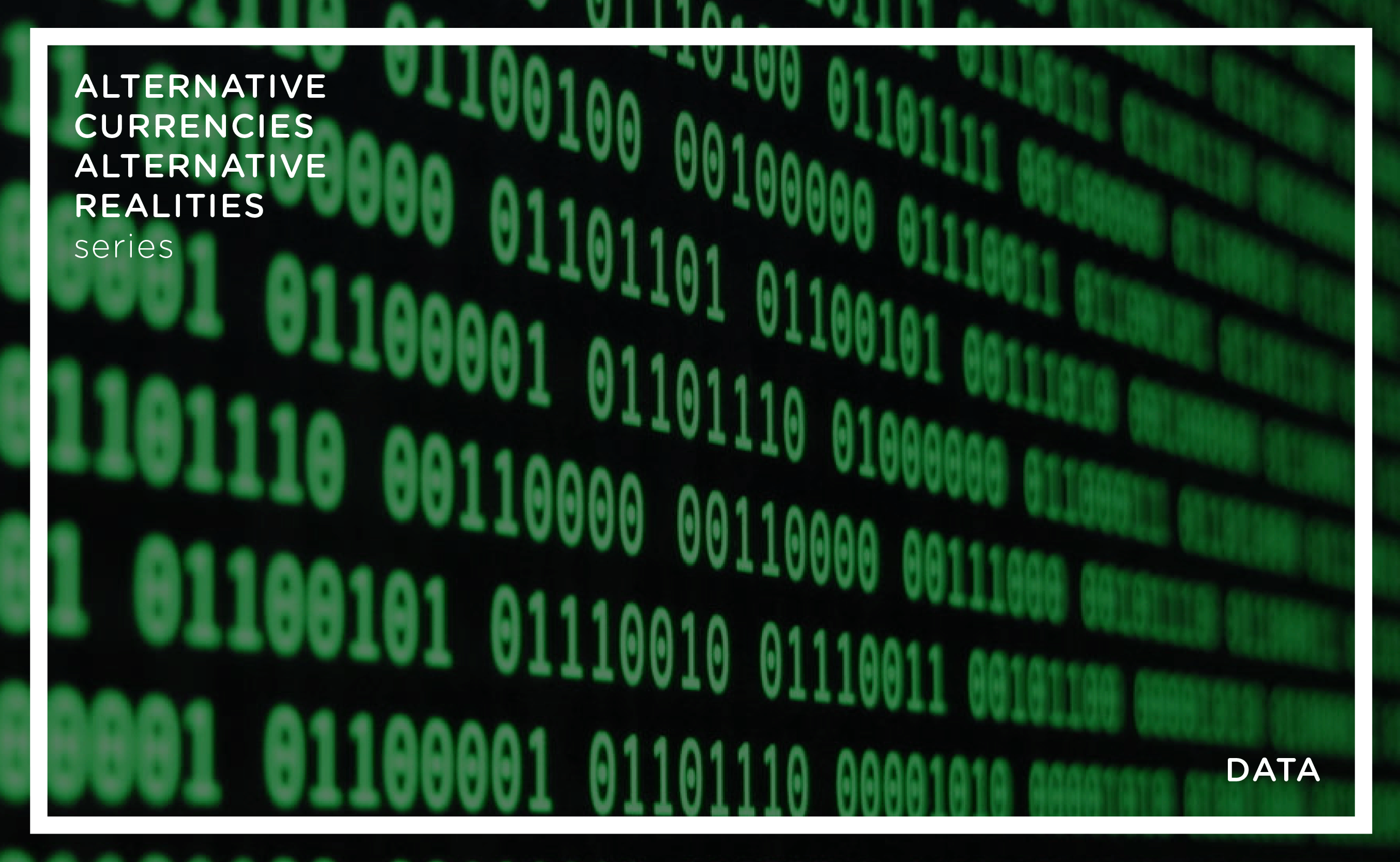A study by Cambridge and Stanford Universities found that Facebook can understand you better than your closest friend based only on a handful of likes. We are what we like. This is the power of artificial intelligence combined with the value of data. Personal data comes in all shapes and sizes: from the data we generate online, to the data captured by our smartphones as we go about our daily lives. Data is a currency that we use almost every day to buy services. We don’t pay to use Facebook with money. Instead, we give away our data (every click, scroll and like) in exchange for using the platform. This seems like a good deal right? But how valuable is your data?
To answer this question we first need to understand what this data is used for. Facebook, along with other techno giants like Google and Amazon, use your data to try and provide a better and more personalised experience for you. Your information along with millions of others lets Google finish your sentences, Amazon predict what you want to buy before you even know you wanted it and fills your Facebook timeline with content that you will find pleasing, leading to the much discussed echo chamber effect.
This personalisation is achieved in part because companies sell your data to advertisers who can use this information to target their products often with pinpoint accuracy. Broken up with your significant other? You write an email to a friend telling them how upset you are and the next minute a pop up advert suggests that you might want to think about purchasing a pillow girlfriend or boyfriend to keep you warm at night. It’s not a coincidence. It’s data.
In his book Who Owns the Future?, computer scientist Jaron Lanier argues that the harvesting of personal browsing data without paying people for its use is unfair and allows companies to accumulate massive datasets that they can harness to make more and more money. He proposes instead that everyone should be compensated through a system of micro-payments. If you read anything online then you should pay and if you post something that others read, you should get paid.
There are now companies that help you get paid for the use of your personal data. Datacoup claims to be the world’s first personal data marketplace, while Citizenme allows for the comparison of your data to others, it also makes you earn money through your data. It also lets you choose to donate it. Of course with all this data and money about, you will need somewhere to store them. Getdigime works like a centralized vault for your data or you could opt for Datawallet which is, well you guessed it, a wallet for your data.
These companies will show you the exact monetary value in euros, pounds and dollars of your data but they miss an important question. Should we be monetising our data in the traditional sense? What if we used them instead for common good? What happens when we gift our personal data to a cause that might improve society? Take healthcare for example. There are now numerous devices that are tracking people’s health, from their heart rate to their sleeping patterns. If all these personal datasets are brought together in one place, artificial intelligence can quickly find patterns that could help prevent or even cure diseases. Google’s Flu Trends monitoring service launched in 2008. It used peoples search engine enquiries to successfully predict outbreaks of the flu.

If healthcare is too personal, you can always share how you get from A to B. Although the image above looks like a map of Amsterdam, it is in fact a data visualization of where people bike in the city. This map along with maps of walkers, runners and transport are open source and have the potential to help the government better plan its transport infrastructure so they can encourage citizens to be more sustainable.
When it comes to data, there are of course concerns of privacy and security. We are still figuring out who owns what, who has access to it and how it should be used, but one thing is clear: if we see data as a currency, then it is most useful when it flows. It benefits our economy and our society when a currency of any kind moves from one person to another and another and keeps flowing.
Our personal data can be monetised, used to make us consume more through hyper personalised advertising, or potentially improve our lives and the communities where we live in. This can make us healthier, our cities safer and maybe one day make us more sustainable. We are quickly becoming rich in data. We should spend it wisely.
Image: Cities Human
Read the whole Alternative Currencies, Alternative Realities series.

Share your thoughts and join the technology debate!
Be the first to comment